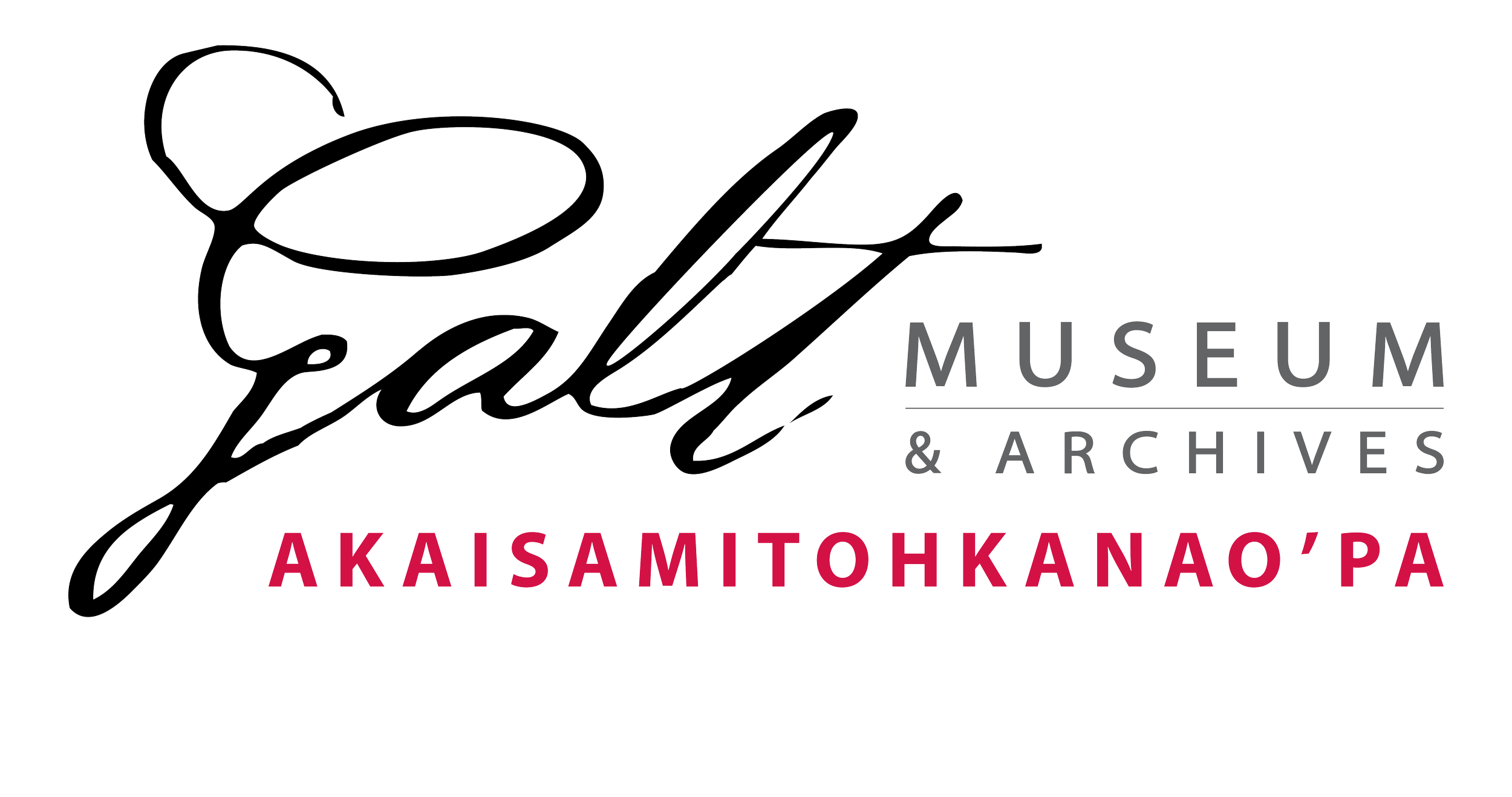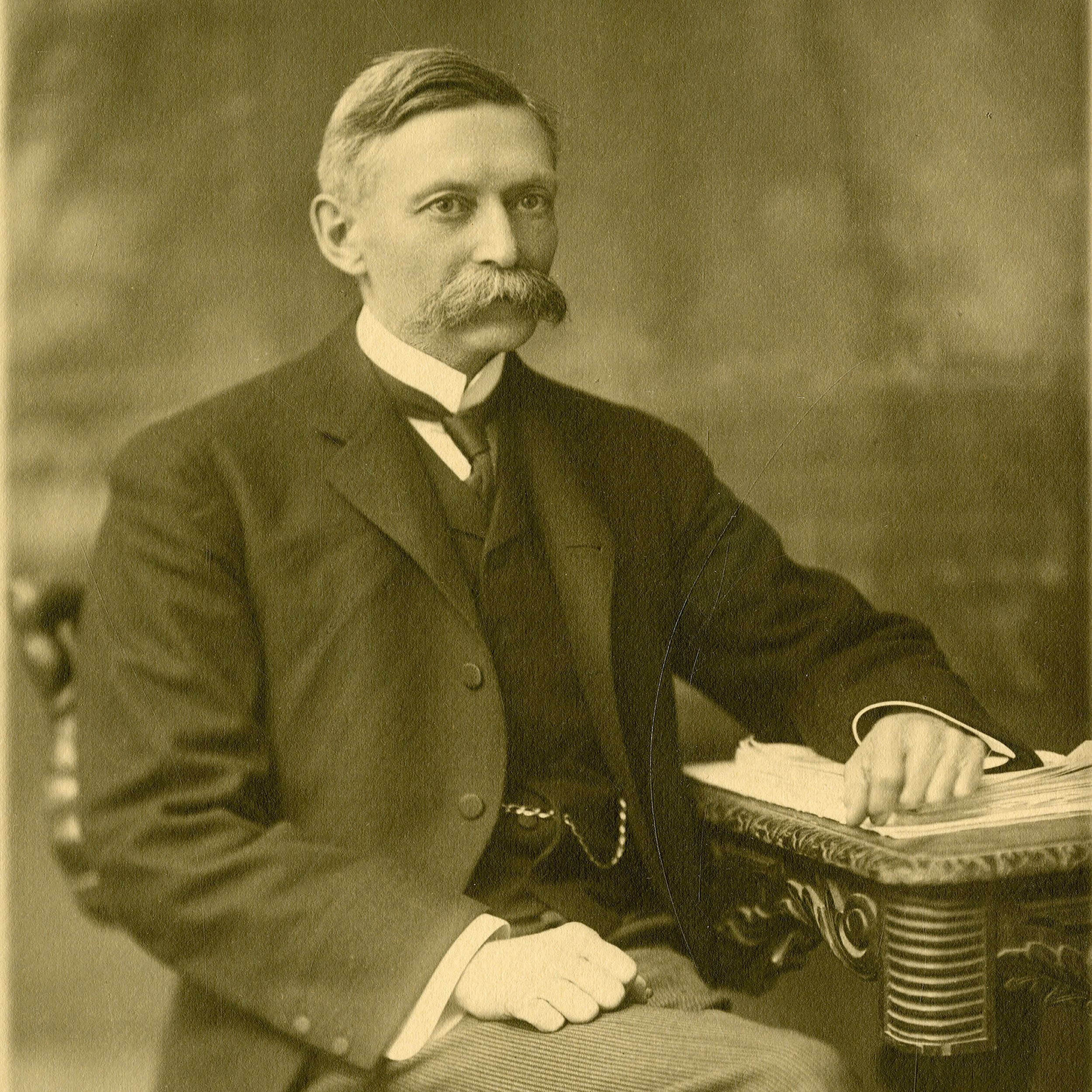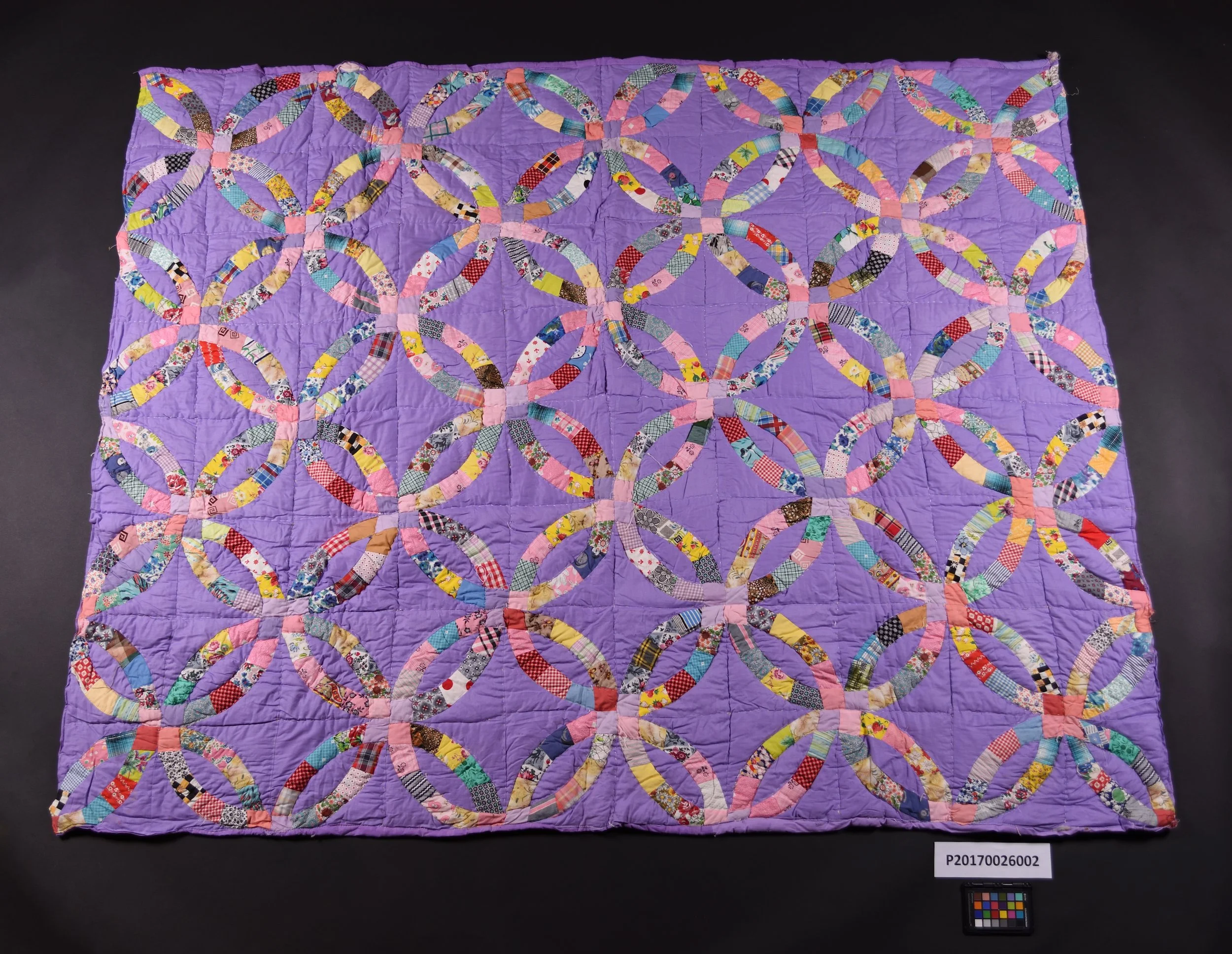Dr. Frank Hamilton Mewburn was a wiry and fiery surgeon, politician, army officer, and university professor who greatly contributed to the development of Lethbridge. Mewburn came from a long ling of medical professionals, graduating from McGill University in Montreal in 1881.
Read MoreAlthough Claudia Tennant was not a graduate of the Galt School of Nursing, it was a key part of her life. Tennant spent twenty years at both the Galt Hospital and the Lethbridge Municipal Hospital as the Director of Nursing for the Galt School of Nursing. Her original decision to become a nurse was influenced by Lucy Hatch McInnis, a graduate from the Galt School of Nursing’s first ever class in 1913.
Read MoreIn 1907, just one year after miners went on a nine-month strike, Eliott T Galt donated $30,000 for the construction of a larger hospital in Lethbridge. The city matched this amount, and a new hospital was built to replace the 1891 hospital building which was no longer large enough to serve the community. The new Galt Hospital, which we know today as the Galt Museum & Archives, opened in 1910. With this addition, the hospital could now accommodate 65 patients.
Read MoreMany of us will at least have vague memories of Senior Men’s basketball here in Southern Alberta. True Senior men’s basketball. It began being played in Southern Alberta not long after the game made its way here in 1904. I’ve been able to find records of Senior Men’s ball being played for Provincial Championships as early as 1908. The earliest reference to an Alberta team was in 1915, and the first Southern Alberta team was in 1918 and it was just called “Lethbridge”.
Read MoreIt all started 120 years ago, on July 1. The town of Raymond, with its population of under 5000 people, has perhaps one of Alberta's longest and most notable histories of any basketball program. In 1904, the Raymond Exhibition sponsored what has become known as the first official game of basketball in, what was then, the Alberta region of Canada’s Northwest Territories. Alberta became a province in 1905.
Read MoreConstruction of the original Galt Hospital in 1891 was financed by Sir Alexander Galt, owner of the Northwest Coal and Navigation Company. Coal miners in the Oldman River Valley desperately required health care due to unsafe working conditions. Frequent exposure to dust and toxins often led to illnesses such as pneumoconiosis (black lung disease), pulmonary disease, asbestosis, and cancer.
Read MorePrairie short grasses, rolling foothills, the Rocky Mountains, and the Chinook winds. These words, spoken to a Southern Albertan whether they still live here or not, evoke a myriad of memories, each unique to the individual, yet all rooted in the concept of home. Family names like Tollestrup, Hicken, Gibb, McMurray, Molcak, Rice, Karren, West, Bourne, Heggie, Stevenson Rollingson, Mirkovich, and many others evoke another set of memories of “home”. Home on the basketball court.
Read MoreWe might all have that one family member who can magically repurpose old fabrics into warm quilts. Some assume that making a quilt is simple, but the process is quite lengthy. Quilters must plan out their design, pin cloth together, and sew through many layers of fabric. The Galt Museum & Archives has a large collection of quilts. Within this collection are five quilts by Katherina Betts that were donated by her son Ed and daughter-in-law Gloria Betts.
Read MorePast issues of the Lethbridge Herald have long served as an encyclopedia of community life, a Who’s Who of Southwest Alberta. However, not everyone was fairly represented. In the Galt Museum’s archives are images of Blackfoot people once featured in the newspaper without identification, leaving their stories untold. The 1,000 Faces Project was designed to bridge this gap by recovering and preserving their names in archival records.
Read MoreBeginning as two humble columns in 1910, “Miladi” was a women’s section in the Lethbridge Herald, which quickly grew to a whole page later in the year. “Miladi” included everything from personal happenings to sewing patterns to Aunt Sal’s Handy Hints, which was an advice and information column written by Sara Nelson.
Read MorePhotography and journalism have a long history in Lethbridge, dating back to the Lethbridge Herald’s first publication in 1906. Herald photographers have played a crucial role in narrating the city’s stories through their visual storytelling. More recently, the industry has gone through significant changes with the emergence of social media and various news channels.
Read MoreJournaling is a great way to decompress, remember a great day, or spill some gossip. While you might hide your diary under your bed, these three journals are a part of the Galt Museum Archives. Take a glimpse into the lives of others as they log their year, trips, and even workplace drama.
Read MoreIn addition to Survivors of the Indian Residential School (IRS), survivors of other colonial school systems the Canadian government initiated and implemented for over a century and a half also deserve recognition. As a member of the Kainai (Blood Tribe) of the Blackfoot Confederacy in Treaty 7 territory in Alberta, Tiffany Prete’s research has involved analyzing the educational policies behind the IRS and other colonial schooling models.
Read MoreThe legacy of Evan Gushul extends throughout southern Alberta. As the son of Ukrainian immigrants, Evan grew up with a profound appreciation for his Ukrainian roots. The Gushul children attended music lessons, Ukrainian language classes, and Ukrainian dance classes, with his parents instilling in him the values of hard work and perseverance. Throughout his life, Evan applied these lessons, forging a storied career of his own.
Read MoreAs Southern Alberta’s only queer-mandated theatre company, Theatre Outré, has spent the last decade carving out space for a thriving alternative scene in the prairies. Now, we celebrate them for their iconic boundary-pushing theatrical productions, eccentric events, and unwavering devotion to Southern Alberta’s 2SLGBTQ+ community.
Read MoreThough easily the most common form of body modification, the history of piercings often proves as subtle as the jewelry itself. Archaeological records suggest that humans have been piercing themselves for at least 5,000 years, often starting with the earlobe. Cultures worldwide have long used piercings to denote social characteristics or sacred rites.
Read MoreFew constants exist in the ever-changing world of high school. Perhaps none have proven as nostalgically valuable as the portraits, signatures, and memories found in a high school yearbook. Much of Lethbridge’s own high school history sits in its shelves full of these volumes, dating as far back as 1922!
Read MoreNot all humour ages gracefully, as anyone who grew up subjected to dad jokes can tell you. Context gets lost, punchlines become predictable; when was the last time a knock-knock joke got a laugh from you? It’s easy to see, then, how printed jokes in the newspaper fell out of fashion. This doesn’t mean, though, that old newspapers are entirely humourless today. Indeed, some jokes published over a century ago still prove funny today!
Read MoreSometimes, certain indicators—a scrap-paper bookmark here, a scribble on that corner—will pop out at just the right time, serving as immediate reminders of the people who used, owned, and, in many cases, loved these items. While the exact dates or authors of these personal touches can be hard to pin down, these small treasures can sometimes humanize the residents of Lethbridge’s past more than any catalogue or municipal record.
Read MoreIn January of 1923, Lethbridge resident E. G. Sterndale Bennett published a letter in the Herald. The column, a thoughtfully penned request to connect with theatre lovers like himself, received only one written response. This year, Sterndale Bennett’s theatre group celebrated their centennial. Clearly, an opening isn’t everything!
Read More



















